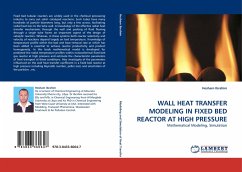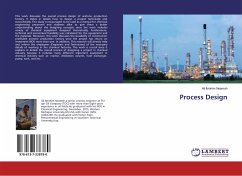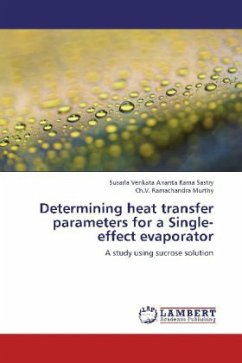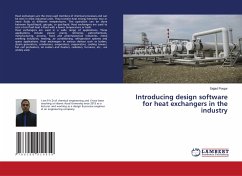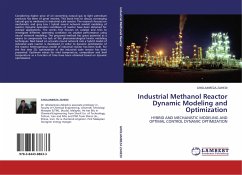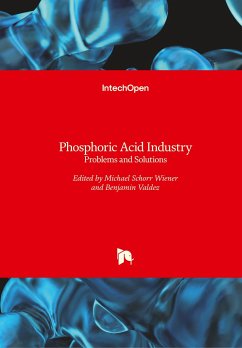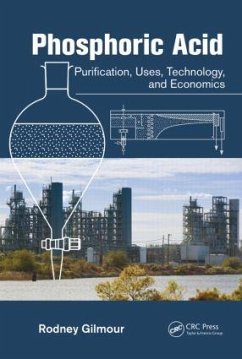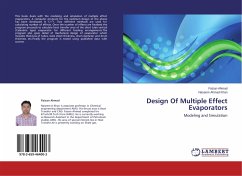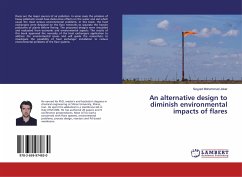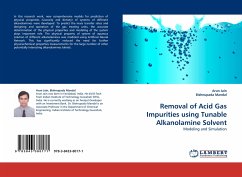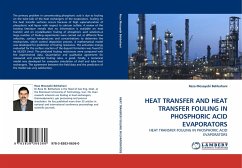
HEAT TRANSFER AND HEAT TRANSFER FOULING IN PHOSPHORIC ACID EVAPORATORS
HEAT TRANSFER FOULING IN PHOSPHORIC ACID EVAPORATORS
Versandkostenfrei!
Versandfertig in 6-10 Tagen
52,99 €
inkl. MwSt.

PAYBACK Punkte
26 °P sammeln!
The primary problem in concentrating phosphoric acid is due to fouling on the tube-side of the heat exchangers of the evaporators. Scaling on the heat transfer surfaces occurs because of high supersaturation of phosphoric acid liquor with respect to calcium sulfate. A review of the existing literature reveals that no information is available on heat transfer and on crystallisation fouling of phosphoric acid solutions.A large number of fouling experiments were carried out at different flow velocities, surface temperatures and concentrations to determine the mechanisms, which control deposition ...
The primary problem in concentrating phosphoric acid is due to fouling on the tube-side of the heat exchangers of the evaporators. Scaling on the heat transfer surfaces occurs because of high supersaturation of phosphoric acid liquor with respect to calcium sulfate. A review of the existing literature reveals that no information is available on heat transfer and on crystallisation fouling of phosphoric acid solutions.A large number of fouling experiments were carried out at different flow velocities, surface temperatures and concentrations to determine the mechanisms, which control deposition process. A mathematical model was developed for prediction of fouling resistance. The activation energy evaluated for the surface reaction of the deposit formation was found to be 56,829 J/mol. The predicted fouling resistances were compared with the experimental data. Quantitative and qualitative agreement for measured and predicted fouling rates, is good. Finally, a numerical model was developed for computer simulation of shell and tube heat exchangers. The agreement between the field data and the prediction of the model was very satisfactory.



